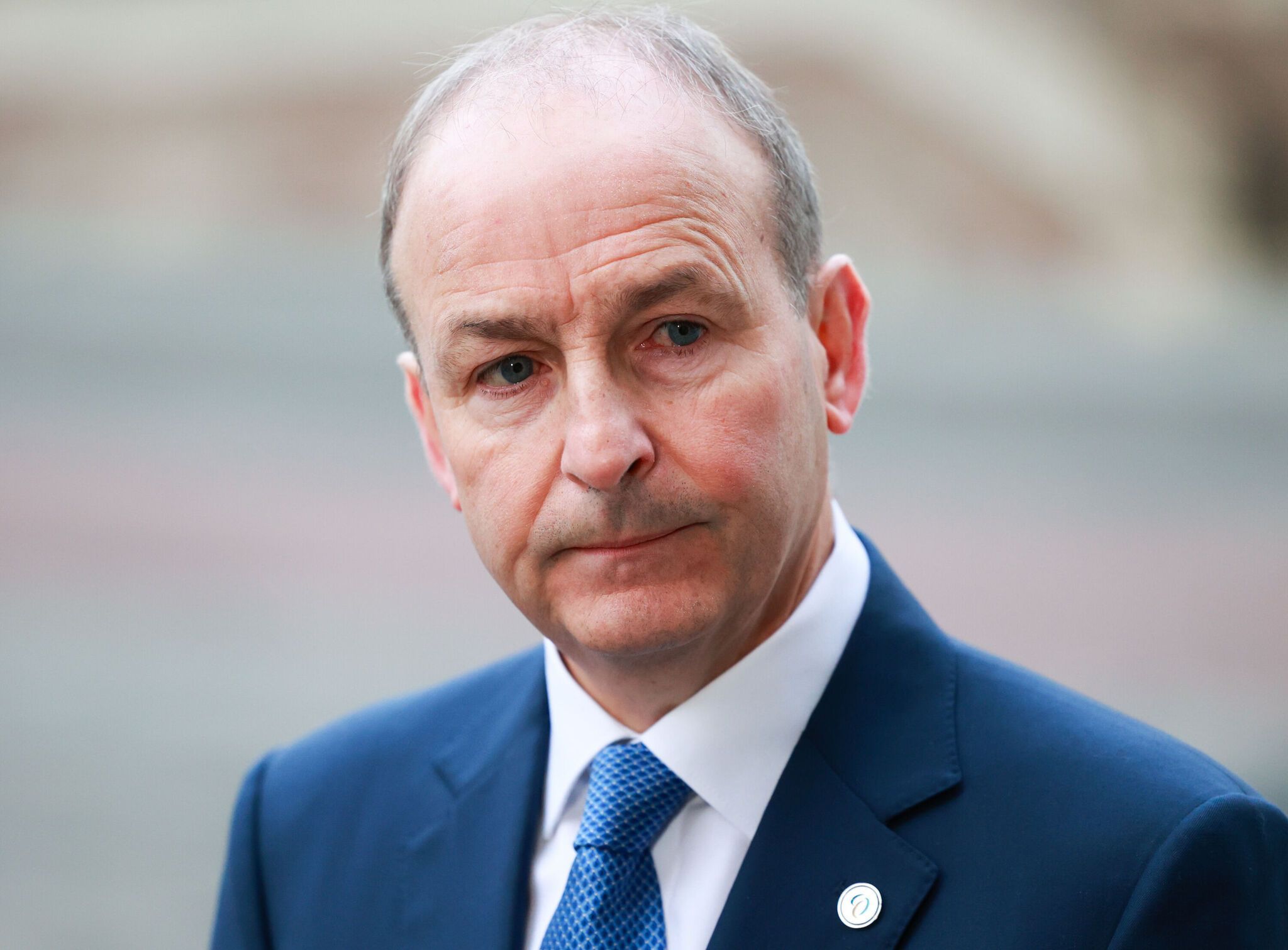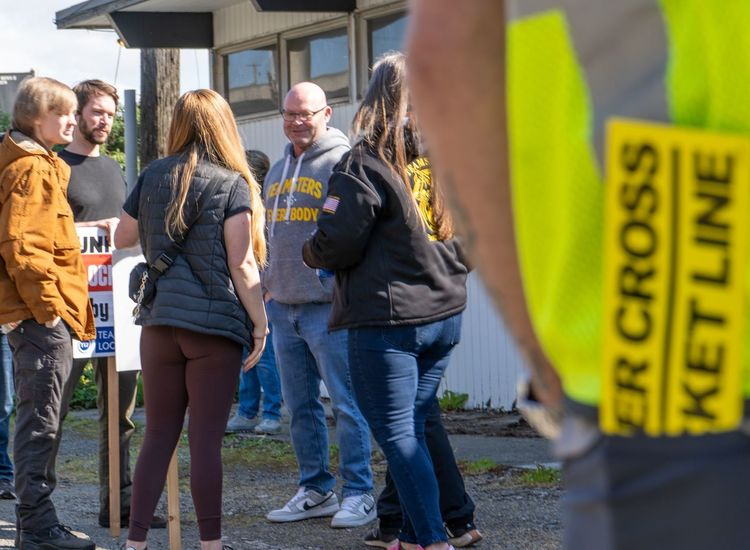There's no doubt that Ireland is one of the more dedicated members of the United Nations, one of the members that adheres most closely to the UN Charter and its principles.
No wonder the Soviets stuck their big boots in back in the1950s trying to block Irish membership of the world body.
Over the years, Ireland has contributed to UN peacekeeping missions to an extraordinary degree. The country's neutrality has likely helped all those succeeding generations of peacekeepers in those parts of the where warring parties were actually aware of said neutrality.
States the Irish government's Department of Foreign Affairs: "Ireland has an unbroken record of service with UN peacekeeping missions since our first deployment in 1958. Currently we are the sixth largest EU troop contributor to the UN."
Deployment of Irish troops in world trouble spots depends on the so-called "Triple Lock" system.
Under the rules of this system, twelve or more Irish Defence Forces personnel cannot be deployed on an active overseas mission without approval from the Dáil, the Government and the UN Security Council.
The Irish government is moving to delete that last requirement and move from a triple to a double lock requirement.
Stated the Irish Times in an editorial: "Tánaiste and Minister for Foreign Affairs, Micheál Martin’s announcement that the Government will scrap the UN veto on Irish deployment of troops abroad is a welcome commitment to removing an anomalous provision in our law that may jeopardise the country’s proud contribution to international peacekeeping. It does not represent a threat in any way to Ireland’s neutrality.
"Taoiseach Leo Varadkar yesterday insisted that removing what is known as the Triple Lock would be a vindication of Irish sovereignty and that 'we … aren’t going to allow Russia or China or America or Britain or France decide where we can or can’t send our troops.'"
The editorial continued: "Any change in national security posture inevitably, however, leads to allegations that the policy objective of neutrality is being threatened. Yet the conflation of the idea of the Triple Lock with any of the many contested definitions of Irish neutrality is deeply illogical.
"The traditional rationale of the Triple Lock has been to create an obstacle to make any abandonment of neutrality more difficult. However, its very nature undermines one of the central tenets of this neutrality.
"Speaking in the Dáil in 2005 in defence of Ireland’ s right to allow Shannon to be used by US military flights, then Minister for Foreign Affairs Brian Cowen argued: 'The core of our neutrality…. lies in independence of judgment in being able to make up our own minds about what is right for Ireland.' Neutrality, by any but the most minimalist definition, is more than that, but it is at least that – an expression of national sovereignty.
"The Triple Lock is an express denial of the sovereign right of the Government and the Dáil to make the ultimate decision about deploying Irish troops abroad. That decision now lies in the hands of the dysfunctional Security Council and individual veto-wielding members like Russia, China, the US and the UK. The Security Council has not authorised a new peacekeeping mission since 2014 and the political gridlock in the council is such that it has yet even to issue a statement on Russia’s invasion of Ukraine.
"A reformed Security Council which genuinely reflected both world opinion and the UN’s founding imperative of peace-building through collective security would perhaps indeed be the place to legitimise and authorise Ireland’s peace missions abroad. It is a far cry from such a body today, and Ireland should in the interim reassert its own sovereignty."
This sounds fair enough. Both Varadkar and the Times editorial writer are correct to mention all five veto-wielding Security Council members. But of that five we can safely assume that Russia and China are the primary focus of concern.
And of those two Russia has to be the dubious standout. Ireland was recently a rotating member of the Security Council and more than once had to literally face the ugly hypocrisy of Russia, a member state that has been in flagrant violation of the UN Charter since its invasion of Ukraine.
About a year ago, Micheál Martin, as taoiseach, condemned both Russia’s attack on Ukraine and its abuse of its veto power in the Security Council. Speaking to journalists in New York at the time he said Russia's violations of the UN Charter, should “call Russia’s membership of the Security Council into question.”
They should. But the ways things are currently structured at the UN, they won't.
So it seems sensible that Ireland should decouple itself from a dysfunctional Security Council when it comes to peacekeeping. An entirely sovereign decision, one with no veto threat hanging over it, would actually enhance Ireland's sovereign neutral stance in the world.









